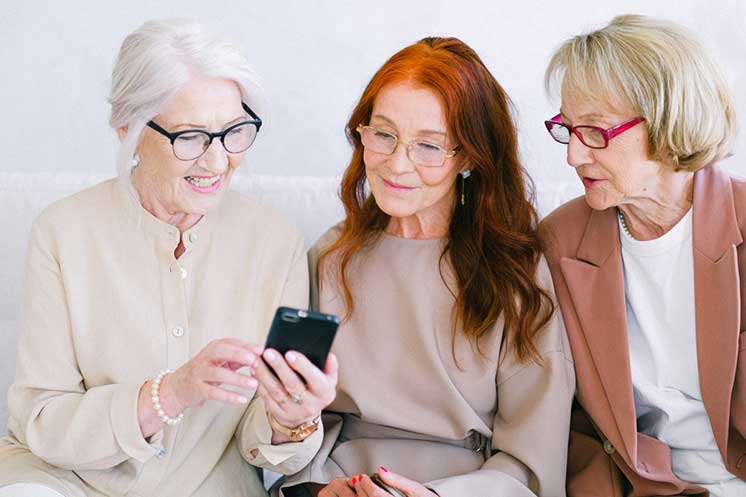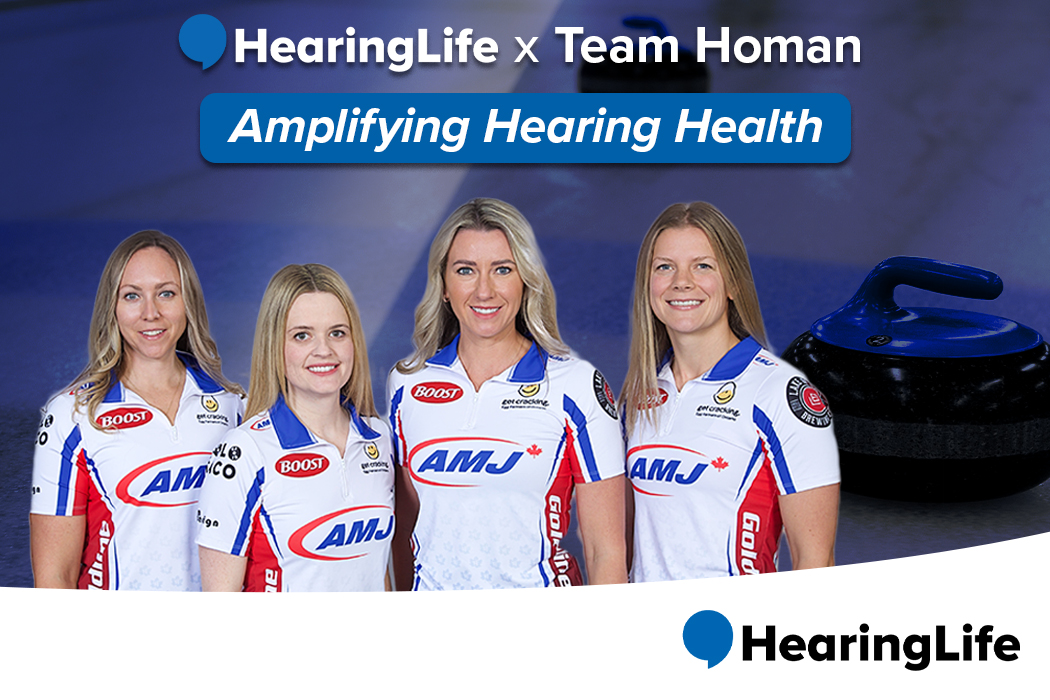Communication is crucial to helping us connect with others, get things done, and keep us safe. Unfortunately, those who are hard of hearing cannot depend on their hearing as much as others to understand speech.
Yes, there are hearing solutions available to treat hearing loss, but for that time in between where a hearing loss is present but goes untreated, here are some communication tips that can help you in your next video call.
1. Use a microphone with clear audio quality
Static, interruptions, and glitches can make it hard for even a person with normal hearing to understand what people are saying. This becomes increasingly important in a group video call where more than one person may be speaking at a time.
Test your audio clarity if you have a built-in microphone on your ear phones and compare it to the microphone in your video call device, (smartphone, tablet, laptop,) if possible. Choose the one with better voice clarity.
2. Video quality is also important when talking to the hearing impaired
Lip-reading is a common technique people use to fill in the conversation gaps caused by a hearing loss. Make sure the video platform you choose has clear audio and video quality. If you are able to, pick up a good quality webcam too.
Popular video call platforms include Zoom, Microsoft Teams, Google Hangouts, and Facetime. Explore each one with your loved one who is hard of hearing to find the platform that is right for you.
3. Make eye contact

Have you ever heard the saying, “the eyes are the window to the soul?” This means that when all else fails, the eyes can reveal the true emotions that words may fail to express.
Language through a video call is just as important as in person. Make eye contact to show your loved one that you’re paying attention and that you care. Eye contact will also help to keep you facing forward so that the person you are talking to can more easily read your lips.
4. Have one person speak at a time
It is exciting to catch up with the people we care about, but if you’re talking over someone, it will make it hard for anyone to hear anything! Sometimes, a delay in audio transmission can have this happen anyway. That’s ok.
5. Avoid covering your mouth

To help with lip-reading, avoid wearing anything that covers your mouth or using hand gestures that do the same.
6. Make sure you have enough lighting
Adequate lighting will help to illuminate your face, showing your facial expressions and mouth movements. All these conversation cues are important for people with hearing loss. Make sure the lighting is in front of you, not behind.
7. Be understanding
Even with all these tips, there may still be times where your loved one asks you to repeat yourself or to speak up. Try not to get frustrated. It can be embarrassing for people with hearing loss to so often admit that they can’t hear you.
When you repeat your self, speak at a normal level. Speaking too loud can actually distort your words. Instead, speak a bit slower and more clearly.
A hearing test can confirm whether your loved one has hearing loss, and a hearing professional can recommend treatment based on the hearing test results. If you’re unsure of how to approach the conversation, check out these tips on how to start the conversation about hearing loss.





